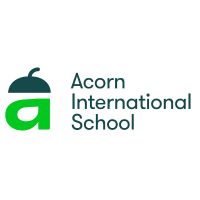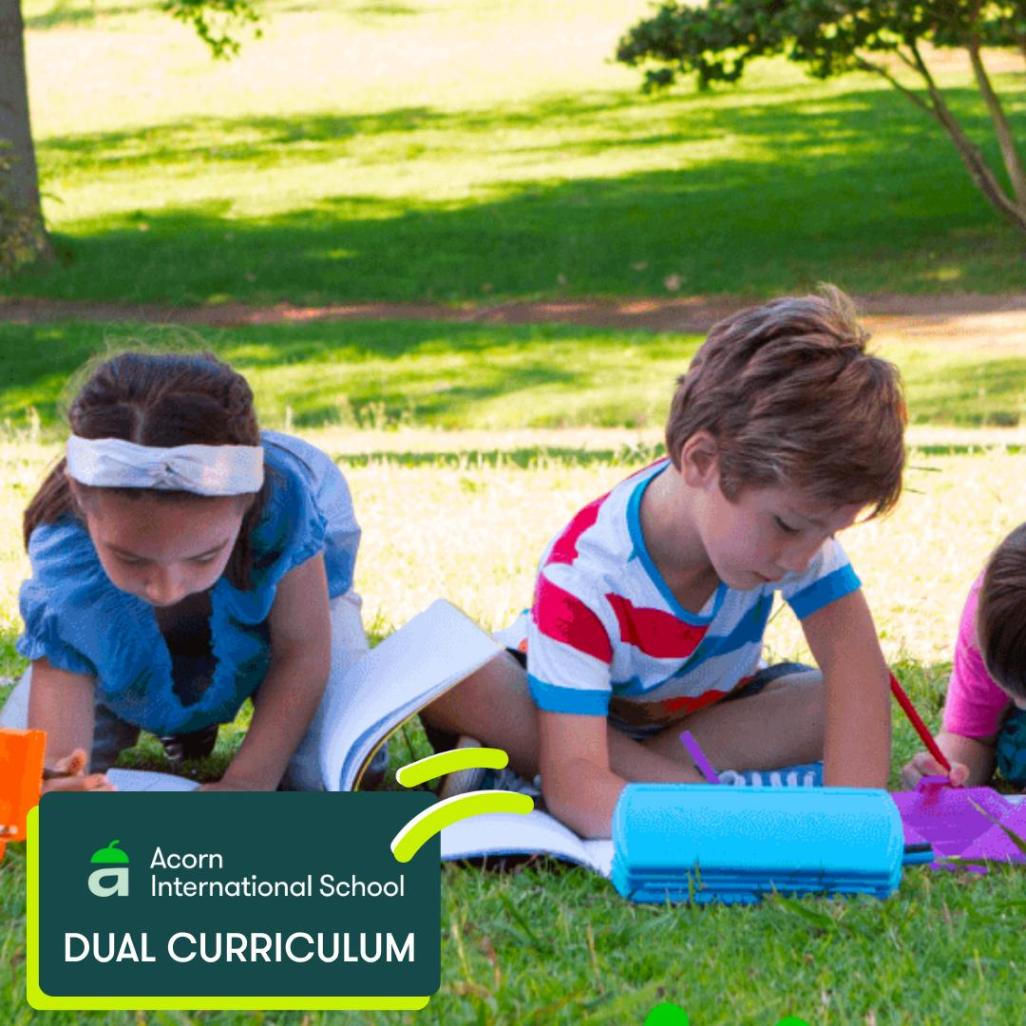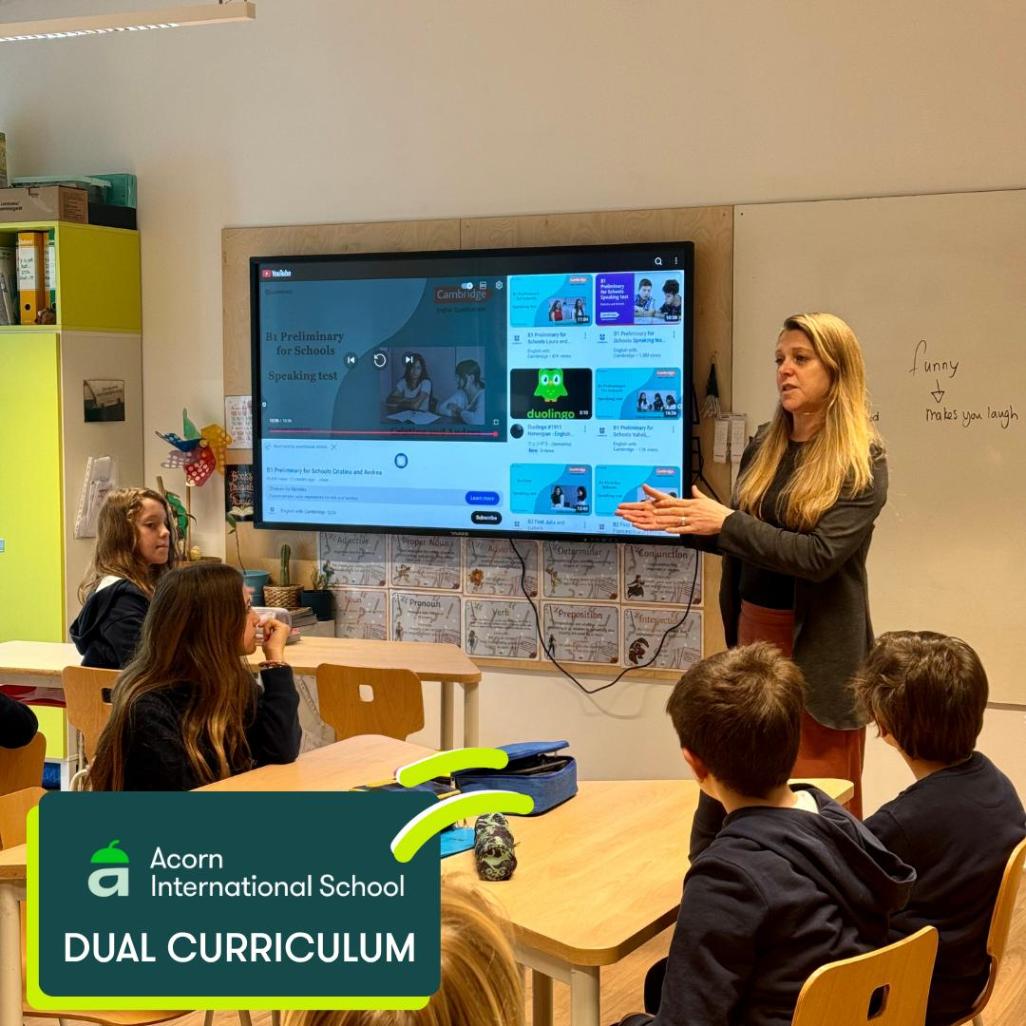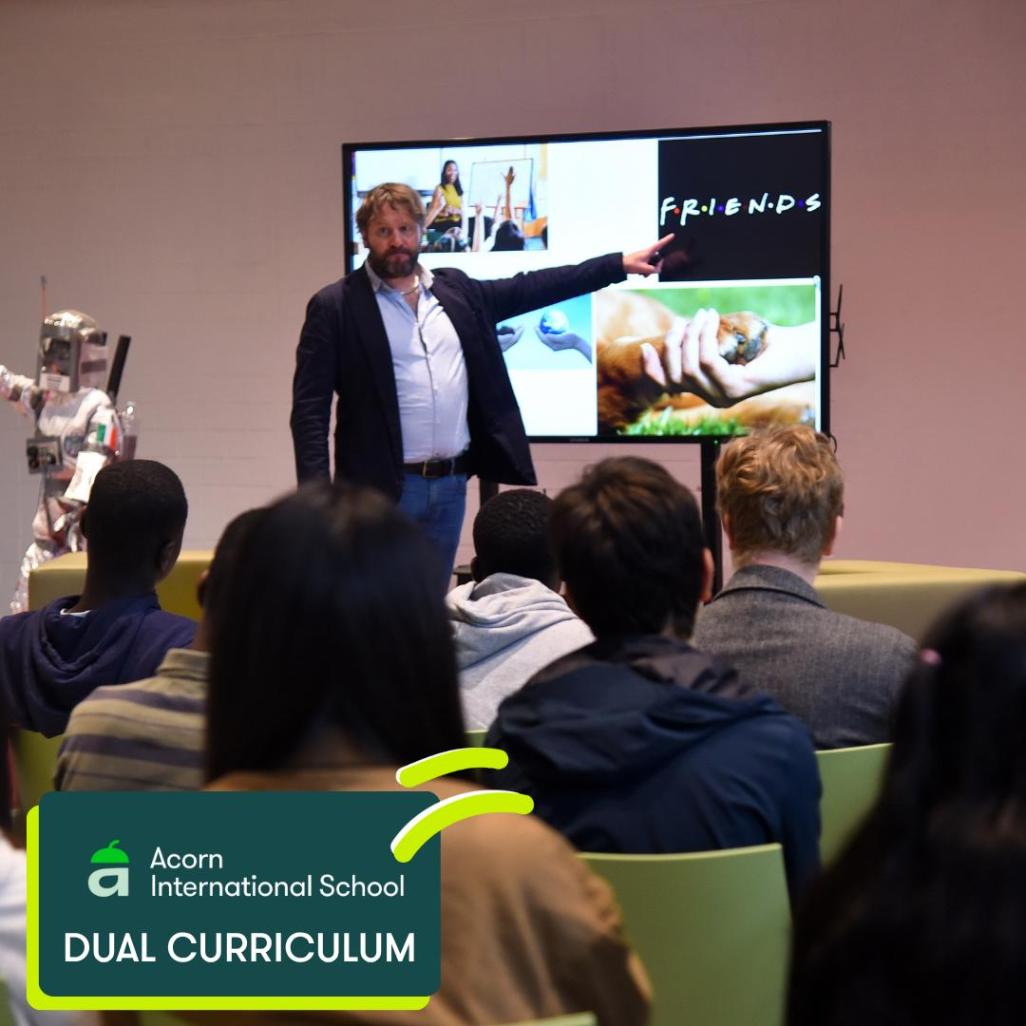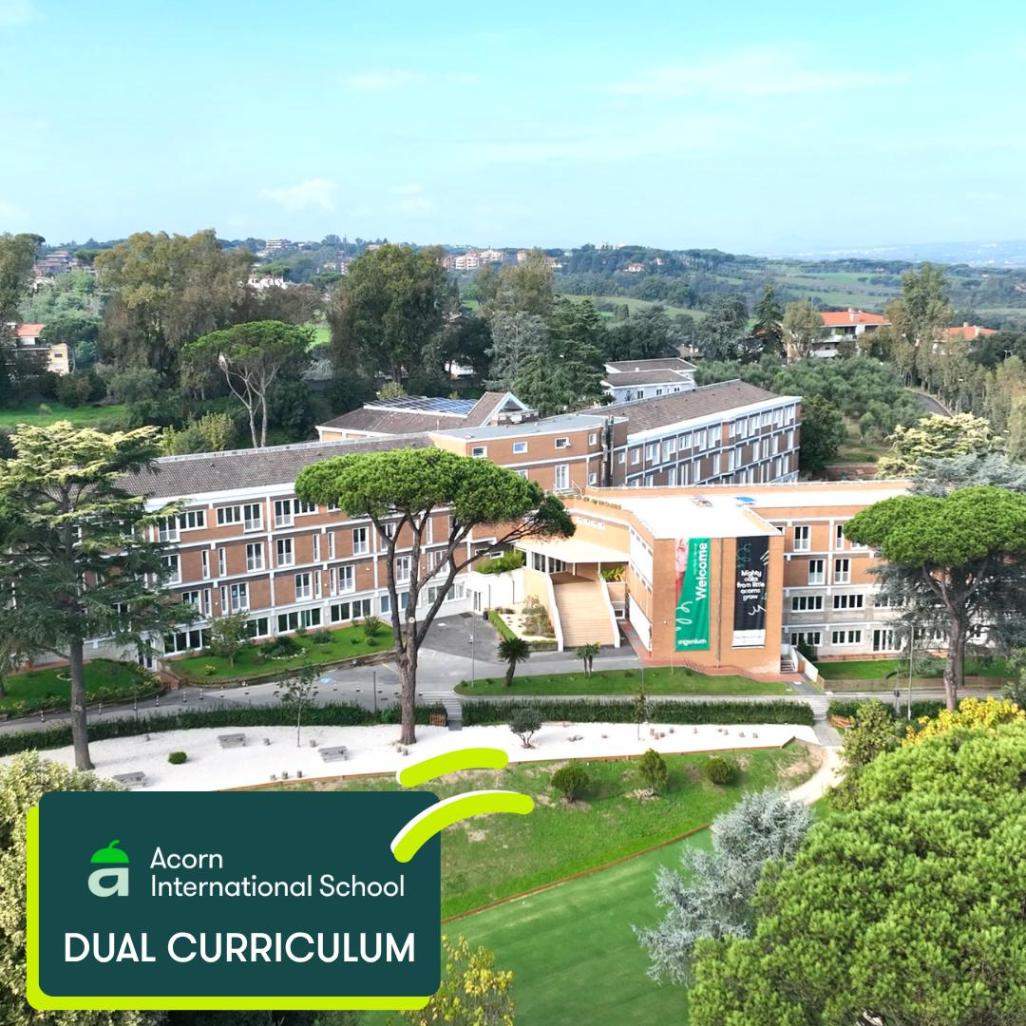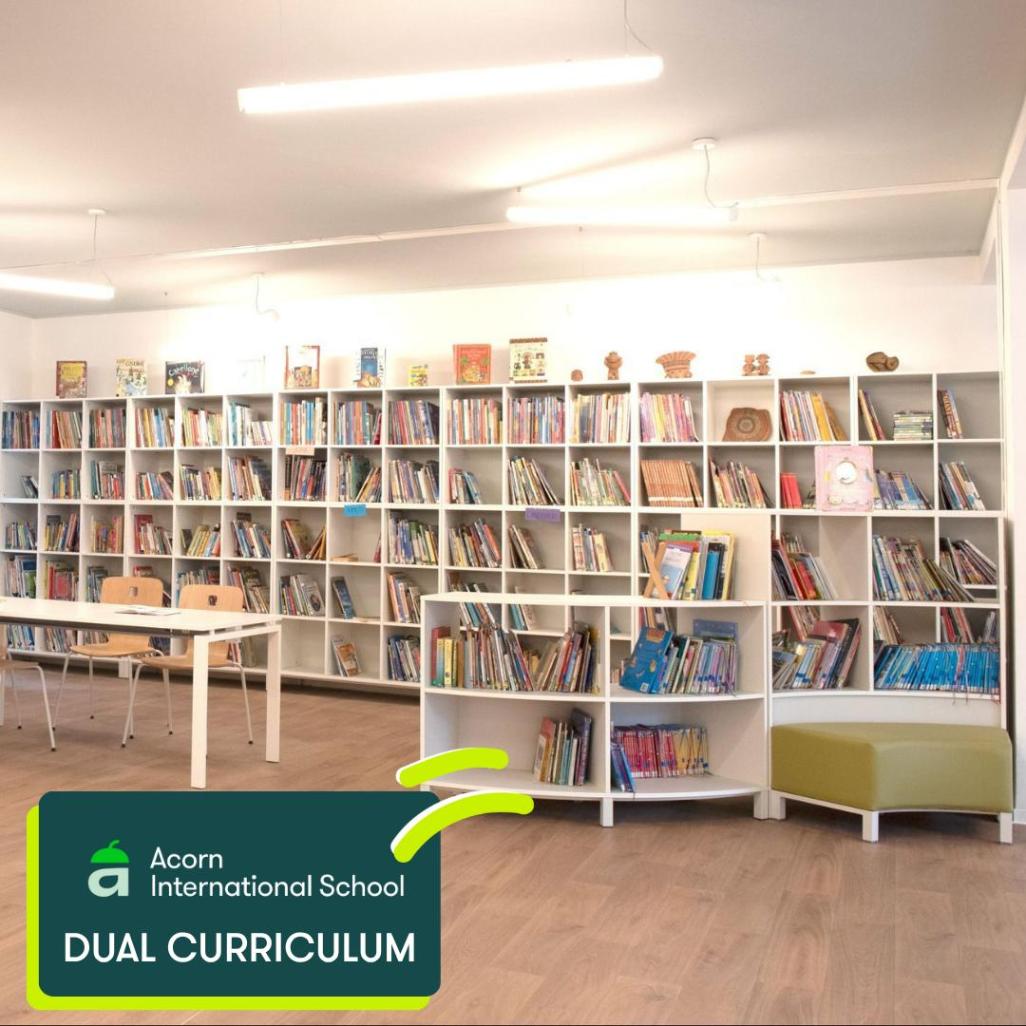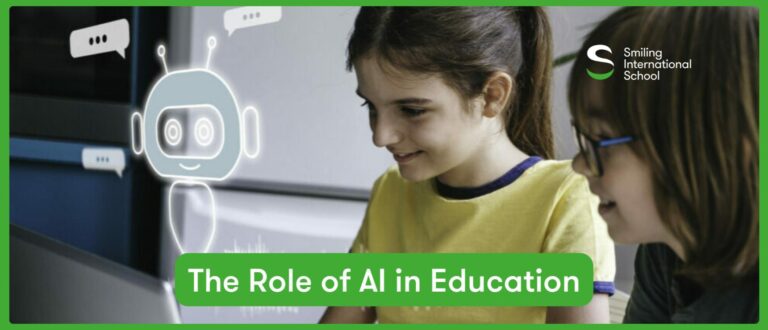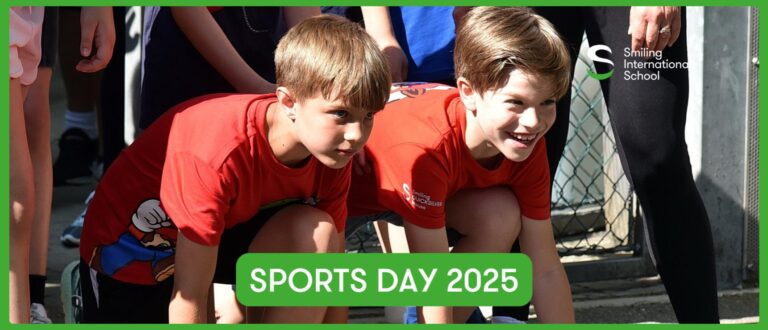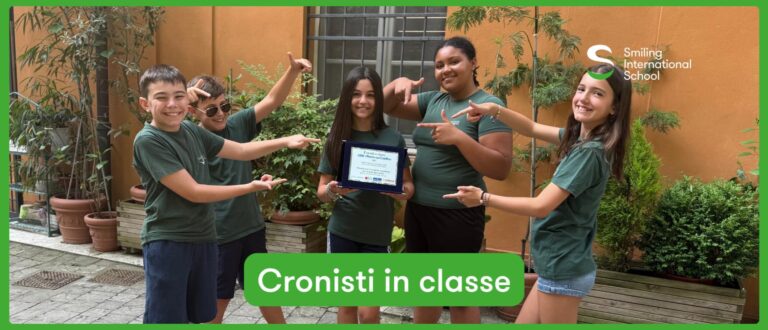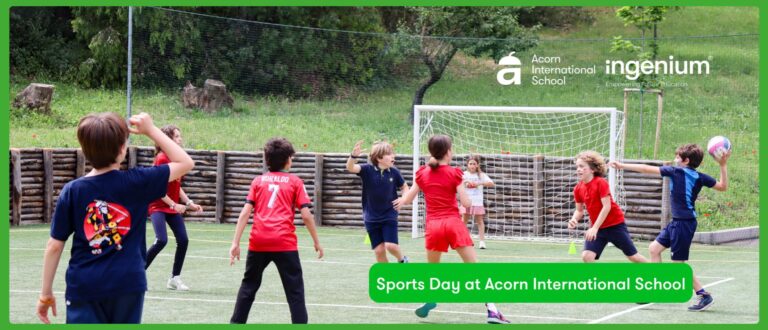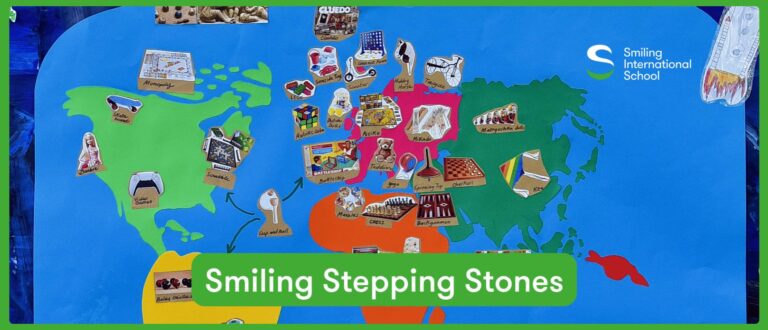At Acorn International School, education goes beyond academics. We focus on equipping students with intellectual, emotional, and cultural skills to thrive in today’s connected world. Our unique bilingual, dual-curriculum model combines the Italian state system with the UK curriculum, fostering global citizenship grounded in the International Baccalaureate Organization (IBO) learner profile. This approach emphasizes thinkers, communicators, and empathetic individuals and supports the United Nations Sustainable Development Goals (SDGs), particularly in quality education, cultural understanding, and sustainable development.
The Power of Bilingual Education
Research shows bilingual education boosts cognitive skills like problem-solving, critical thinking, and multitasking. Switching between languages sharpens the brain, promoting mental flexibility and adaptability. At Acorn, this bilingual framework helps students confidently tackle academic challenges and think critically from multiple perspectives, embodying the IBO ideals.
Bilingualism also nurtures cultural empathy and understanding. Students don’t just learn languages; they gain appreciation for diverse cultures and values. This openness fosters global-mindedness and social cohesion, aligning with SDG 16 (Peace, Justice, and Strong Institutions). Through bilingual education, our students become caring, open-minded citizens ready to build peaceful, inclusive societies.
Economic and Career Benefits
Fluency in multiple languages opens doors to global careers in business, diplomacy, education, and technology. As the world becomes more connected, bilingual individuals are in high demand for bridging cultural and linguistic gaps. Acorn’s education prepares students to compete in the global job market and contribute to sustainable economic growth, supporting SDG 8 (Decent Work and Economic Growth).
A Unique Dual-Curriculum Model
Our dual curriculum blends the strengths of Italy’s classical and cultural focus with the UK’s inquiry-based, scientific approach. The Italian system enriches students with arts, humanities, and critical thinking, while the UK curriculum encourages scientific reasoning and problem-solving. Together, they create well-rounded learners ready for higher education and global careers, reflecting the balanced learning championed by the IBO.
Interdisciplinary Learning with the UDA Framework
A core part of the Italian curriculum is the UDA (Unità di Apprendimento), which promotes interdisciplinary learning. At Acorn, this approach encourages students to connect ideas across subjects like literature, history, math, and science, fostering deeper understanding and creativity. This matches the IBO focus on reflective, principled learners who apply knowledge meaningfully.
Studies show interdisciplinary learning improves cognitive flexibility and creativity, especially when combined with bilingualism. Our students develop skills to solve complex global problems like climate change and inequality, preparing them to be innovative thinkers and future leaders.
Aligned with Global Goals
What truly sets Acorn International apart is how our education aligns with the United Nations Sustainable Development Goals. We promote cultural empathy, critical thinking, and global awareness, helping students contribute to SDGs like quality education (SDG 4), decent work (SDG 8), and peace and justice (SDG 16). These values are woven into our curriculum, empowering students both academically and ethically.
Conclusion
Acorn International School offers more than education—it offers transformation. Our bilingual, interdisciplinary, and dual-curriculum approach shapes students into principled, caring global citizens ready to face the world’s biggest challenges. By nurturing critical thinking, cultural empathy, and flexible learning, we prepare leaders who will build a more just, sustainable, and connected future.
More Information
To learn more about our learning principles, visit our website.
References and Bibliography
- Cambridge International. Bilingual Learners and Bilingual Education.
- Baldacci, M. (2013). Interdisciplinary teaching and the UDA framework in Italian primary schools. Educational Research and Reviews, 8(22), 2300-2307.
- Bialystok, E., Craik, F. I. M., & Luk, G. (2012). Bilingualism: Consequences for mind and brain. Trends in Cognitive Sciences, 16(4), 240-250.
- Conteh, J., & Brock, A. (2014). Inclusive Pedagogy in the Early Years: A Critical Analysis. SAGE Publications.
- De Vecchi, R., & Caroselli, M. (2021). The impact of interdisciplinary learning on cognitive and social skills in bilingual education. International Journal of Bilingual Education and Bilingualism, 24(4), 605-623.
- García, O. (2009). Bilingual Education in the 21st Century: A Global Perspective. Wiley-Blackwell.
- Hamayan, E. V., Marler, B., Sánchez-López, C., & Damico, J. (2013). Special Education Considerations for English Language Learners: Delivering a Continuum of Services. Caslon Publishing.
